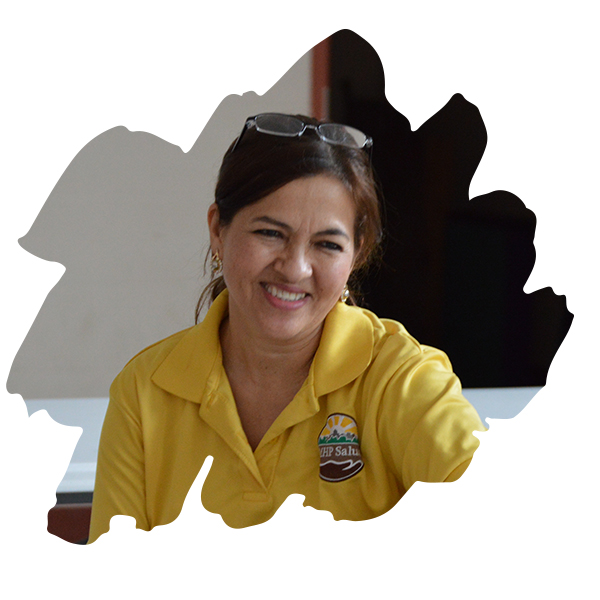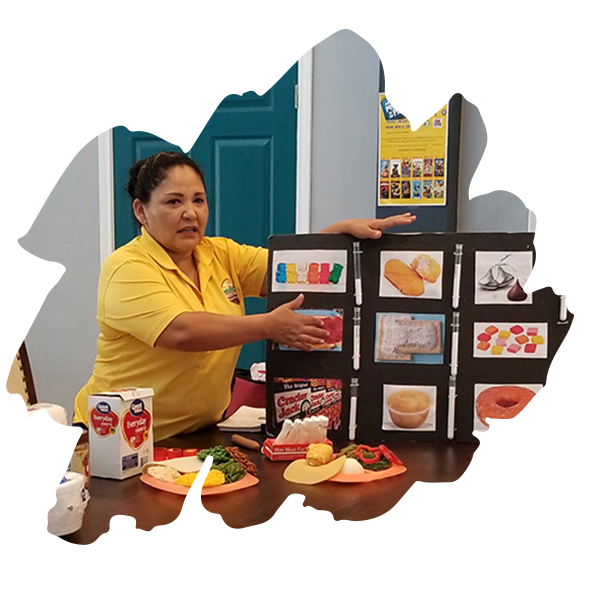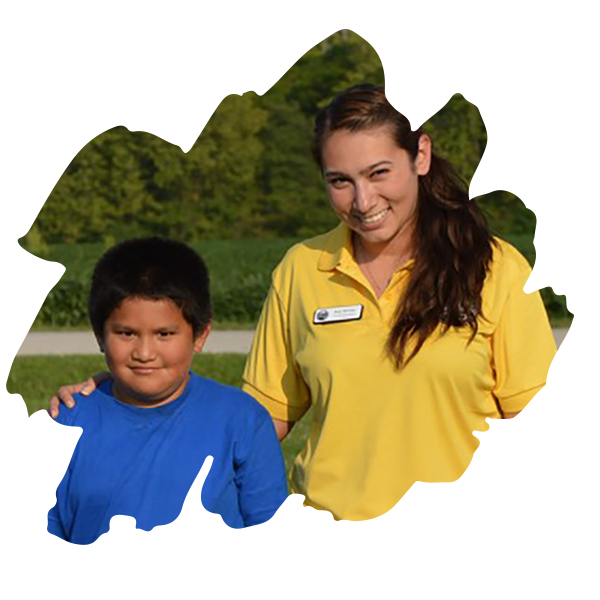Who We Serve
MHP Salud’s Community Health Worker programs serve thousands of Hispanics and Latinos in communities across the country! Additionally, we advance the CHW profession by providing support to organizations with CHW programs around the world.
Since its inception in 1983, MHP Salud has established and developed Community Health Worker (CHW) programs across the U.S. to improve the health status of Hispanic and Latino communities by increasing their access to primary and preventative care. In addition, MHP Salud has been a champion for the CHW profession nationally as a culturally appropriate strategy to improve health. We provide training and consulting services to benefit organizations that work with CHWs and offer free resources for CHW professionals.
Supporting Organizations
Training for CHW Programs
MHP Salud provides training opportunities to organizations committed to investing in the CHW profession including Primary Care Associations, Area Health Education Centers, Federally Qualified Health Centers, and local nonprofit organizations in 48 states, as well as Washington D.C. and Puerto Rico. With nearly 40 years of experience, we use our knowledge base to support organizations in the design, implementation, and evaluation of their CHW programs.
Utilizing MHP Salud’s L.E.A.D. (Listen, Empower, Advance, Deliver) curriculum, our training services provide organizations the opportunity to learn more about how to effectively utilize a CHW Program for the populations they serve. These sessions are tailored for CHWs, CHW Supervisors, professionals working with CHWs, and Grant Writers seeking funding for CHW programs.
Supporting CHW Programs
Our Management Based Objective (MBO) project aims to help organizations identify, set, and monitor their goals to improve overall program productivity and performance during all stages of new or existing CHW programs. MHP Salud provides free training and technical assistance to address trending health topics in real time via phone and webinar calls. This program is one way we remain current with relevant community topics and develop new resources.
Resources for CHW Programs
In addition, MHP Salud supports organizations through our extensive Resource Portfolio which contains free bilingual resources including resources on topics such as chronic disease, mental health, social determinants of health, CHW program return on investment, and more. Although our resources are based on the information and evaluation of the work we have done in Latino and Hispanic communities, they can be adapted to work in any underserved community.
Supporting Our Communities
CHWs are uniquely qualified to address the needs of underserved Hispanic and Latino communities. They reach community members “where they are”, meaning they are able to relate to individuals by speaking the same language, sharing a common culture, and identifying their need for services. This allows them to effectively address cultural beliefs about the source of health and illness, lack of familiarity with mainstream American medicine, and skepticism regarding its treatments. These qualities are what allow CHWs to build strong relationships with community members and empower them to address their individual needs.
Over three-quarters of our participants in our programs have household incomes of less than $25,000 annually.

More than half of the individuals served in our health outcomes program are uninsured.
Perhaps what’s most impressive is that CHW programs have been proven to be a low-cost way to improve the health of patients and communities. MHP Salud regularly conducts return on investment (ROI) analyses to determine the financial benefits of its programs. For example, Cada Paso del Camino, a cancer screening and education project, demonstrated an ROI of $3.09 for every $1 spent. Salud y Vida, a diabetes management project, had an ROI of $1.09 for every $1 spent. Read more about return on investment for CHW programs here.
U.S. Mexico Border Region
Many of MHP Salud’s CHW programs operate along the Texas border from El Paso to the Gulf of Mexico, specifically in the southern region of Texas known as the Lower Rio Grande Valley (RGV). Many of these communities are referred to as “colonias” and have a lack of public services such as water, roads, electricity, or other basic necessities.
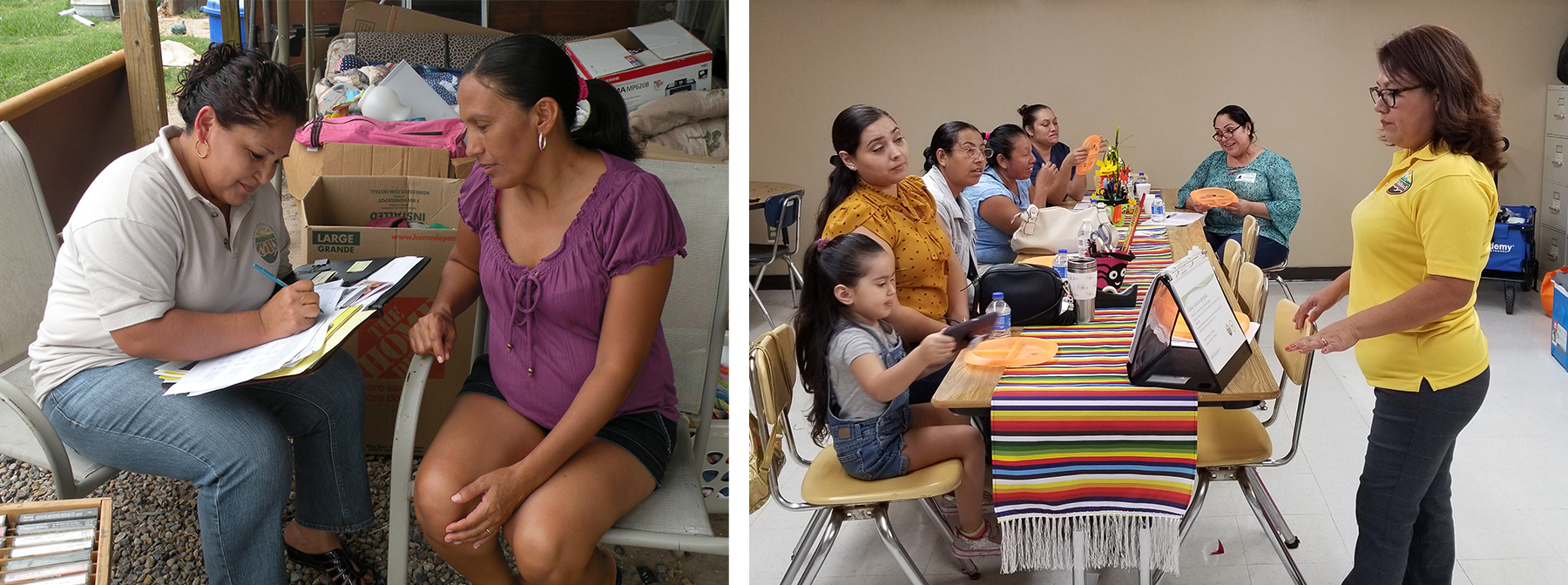
Residents here face challenges when trying to gain access to community and government support services. With the majority of the population in these regions identifying as Hispanic or Latino, differences in culture and language, financial strain, lack of transportation, and complex family situations prevent individuals from finding culturally appropriate health information and treatment.
CHWs live in these communities and share the experiences of the individuals living there. This makes them well-positioned to serve as leaders to help bring change through door-to-door outreach and participation in health fairs and local community activities. CHWs apply their knowledge of the health care system and education to provide a bridge between the community and available resources.
For example, CHWs provide health insurance application assistance to residents in Spanish through our Connect and Care initiative. Through our other initiatives, CHWs lend culturally relevant support surrounding maternal and child health, elderly wellbeing, domestic violence, financial literacy, and other issues experienced in isolated border communities.
Connect to Care
MHP Salud works in 63 counties in Texas to help uninsured and under-insured individuals and families enroll in a Qualified Health Plan (QHP) and assist with other health insurance-related inquiries such as locating a healthcare provider or paying medical bills.
Older Adults
With the cultural knowledge of their community, CHWs are able to help older adults strengthen the skills they need to remain in their own homes.
Healthy Living
MHP Salud implements CHW programs to provide community members with education on healthy nutrition, timely disease screening, demonstrations on how individuals can live active lifestyles in their own communities, and stress the importance of reduced screen time.
Rural Communities
MHP Salud has a long history of promoting the health of farmworkers as well as individuals in a wide variety of industries located in rural areas across the U.S. The Rio Grande Valley population in Texas is home to one of the largest concentrations of farmworkers in the United States with many being Migrant Seasonal Agricultural Workers (MSAW).
In many cases, entire families, including children participate in work as farmworkers. They are often exposed to hazardous working conditions, long hours, extreme heat, and high physical demands. This population is more likely to disproportionately experience certain chronic illnesses like type 2 diabetes due to work and living conditions, lack of access to healthy foods, and lack of access to education on healthy eating habits.
Despite the presumption that residents would have direct access to the crops they produce, residents often must travel several miles without adequate transportation for fresh fruits and vegetables. Much of the area is considered a food desert, and CHWs often serve as the only means of accessing fresh food for residents with the help of their local churches, health centers, and food banks.
CHWs teach parents and children practical ways to adopt healthy habits with resources readily available to them in their communities along with ways that they can incorporate short daily physical activities into their lifestyles. In addition, they provide assistance with applying for federally available programs such as the Supplemental Nutrition Assistance Program (SNAP).
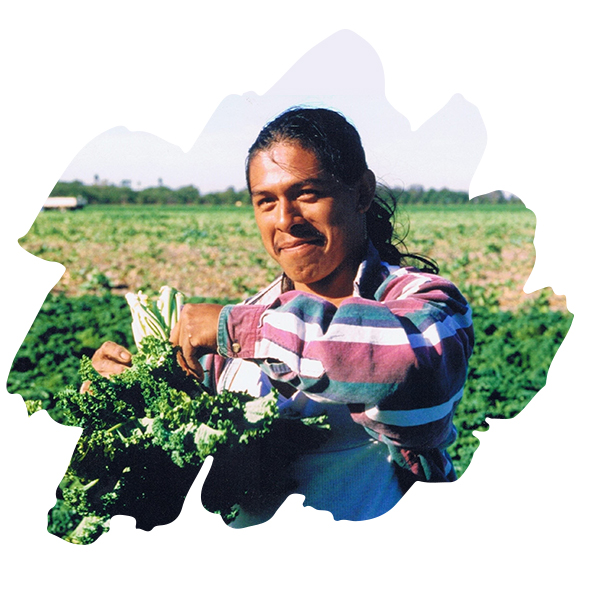
Health Disparity Barriers
Urban Communities
Rural and urban populations share similar barriers to health such as high rates of chronic illness, high uninsurance rates, and lack of access to affordable and culturally identifiable services. In urban areas, high population density, unplanned development, and population demands can strain resources for hospitals and health centers and create health disparities for individuals with social or economic challenges.
For urban communities facing these challenges, CHWs provide many of the same services they provide in rural communities. This includes knowing what low-cost or free services are available to community members at a local and federal level and connecting them to social service organizations that can help individuals meet their medical needs. CHWs also provide outreach around nutrition inside local grocery stores to increase the consumption of fruit and vegetables amongst family members.
MHP Salud implements CHW-led programs in predominantly Hispanic and Latino urban areas, like our Navigator project which operates in El Paso, San Antonio, and Corpus Christi, Texas. The Navigator project provides health insurance application and enrollment assistance to individuals in both English and Spanish. Services such as these can be crucial when resources are limited because of high demand.



